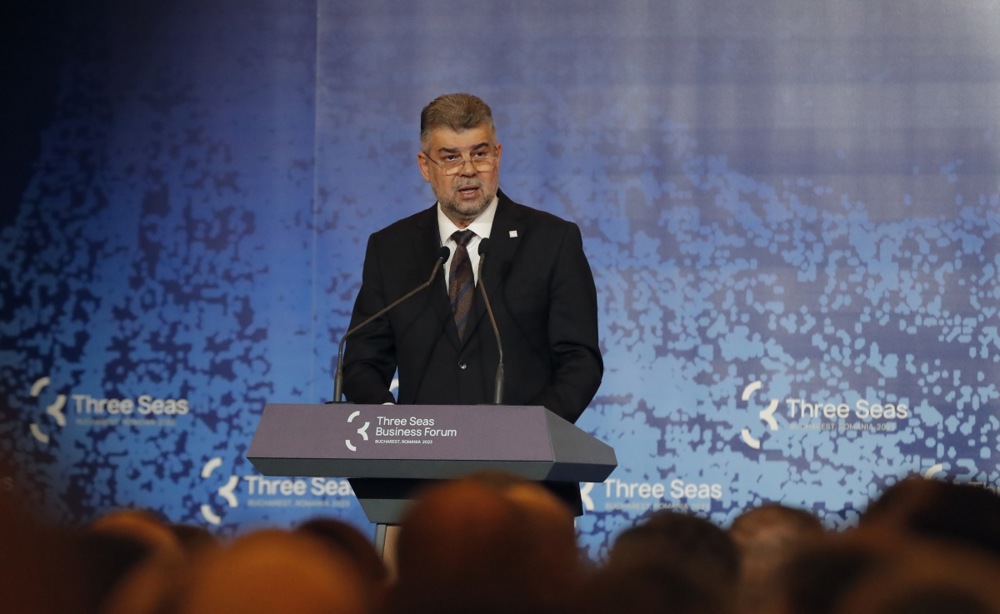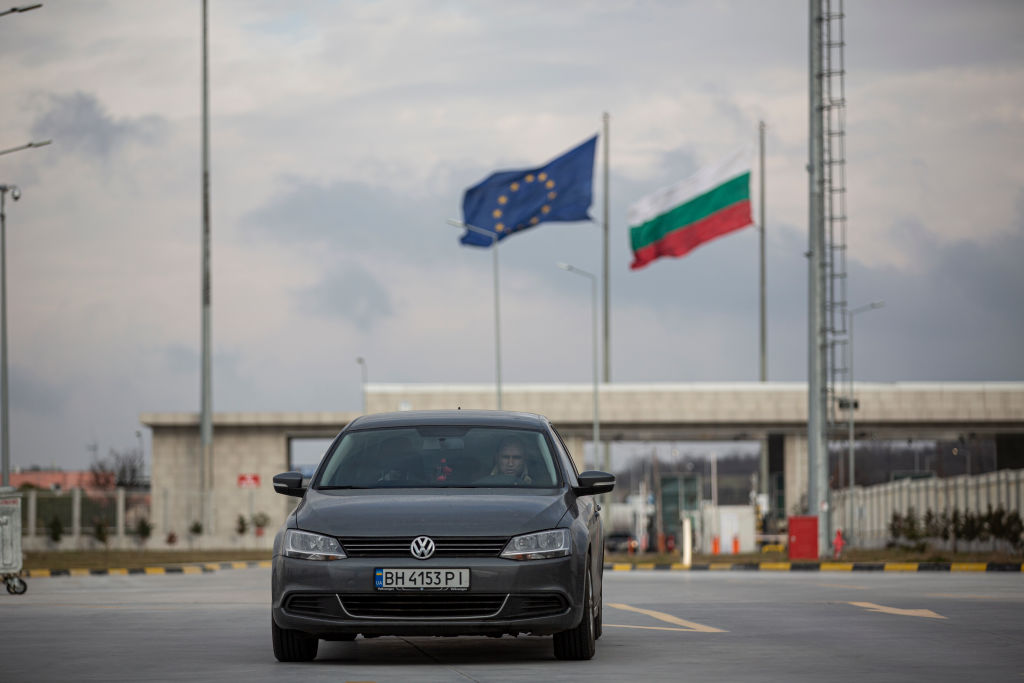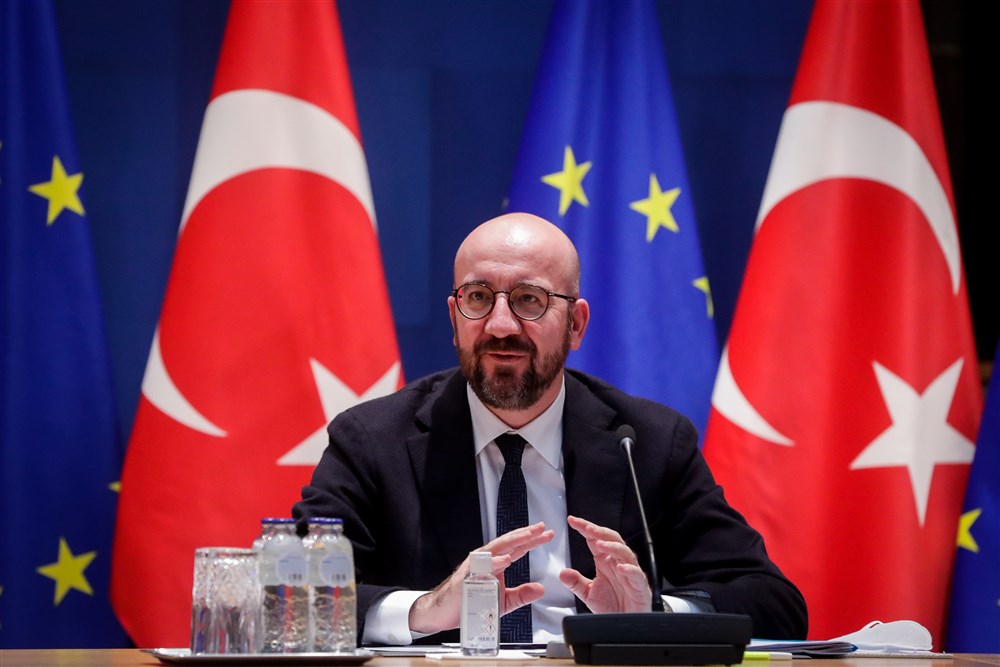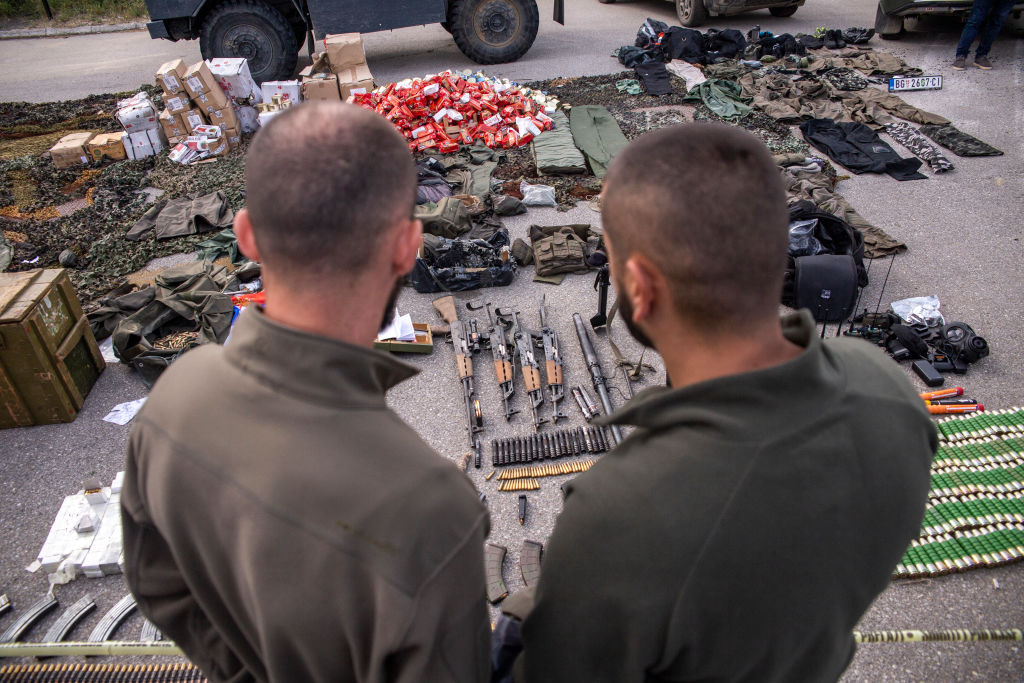The European Commission faced tough questions over the deteriorating state of the Schengen Area comprising 27 European countries that had abolished many types of border control at their mutual frontiers.
The grilling came as border checks are now operating between several EU Member States in response to the ongoing mass-migration crisis.
During its press briefing on September 26, EC spokespeople were forced to admit that there is very little the Commission can do.
“Are you not worried that Schengen is slowly but securely collapsing?” one Italian journalist asked.
The Schengen zone is seen as one of the fundamental pillars of the EU, enabling visa- and passport-free travel across the continent. For many in the bloc, long queues of cars and other vehicles at border customs points have not been experienced before.
While the Schengen rules do permit EU Member States to reintroduce border controls when necessary, the number of countries taking that route is bringing the whole system into doubt.
“I’ve been here quite a long time, and I have to say I’m hearing about these consultations with Member States several times … but I still see no real change,” the Italian journalist said.
“I see even more border checks popping up instead of reducing.”
The latest developments have included Poland introducing a “hard border” with Slovakia designed to prevent migrants entering the EU from the Balkans.
Polish Prime Minister Mateusz Morawiecki said he had “instructed the interior minister to introduce checks on the Polish-Slovak border of vans, cars and buses that may be suspected of carrying illegal immigrants so that no one accuses us of having a leaky border”.
Poland has reintroduced checks on its border with Slovakia in a bid to curb illegal migrants crossing European Union frontiers in the Balkans and making their way to Germany and beyond. https://t.co/q83GpFgWRw
— Brussels Signal (@brusselssignal) September 26, 2023
Poland has now received the same treatment from Germany.
Concerned about the flow of migrants through Poland from the Balkans and illegal crossings from Belarus, on September 27 Germany imposed its own border controls on its frontiers with Poland and Czechia.
Since 2021, Belarus has been accused of “weaponising” mass-migration by flying many migrants into Minsk and then directing them to EU frontiers.
Border controls are also in place between Austria and Slovenia for the same reason regarding illegal migration.
EC spokeswoman Anitta Hipper said the EC was “looking into common solutions” for Member States to lift such border checks.
That may take some time. The EC will need to scrutinise each case where border controls have been imposed and the relevant nation’s reasons for doing so before taking any action.
“There have been a series of measures and notifications [from Member States] with reasons that also need to be checked. They’re not the [always] same reasons,” EC spokespeople said.
The Italian journalist remained unconvinced. “So it looks like they talk to you but … I’m sorry, they’re basically ignoring your appeals to find alternative measures,” he said.





